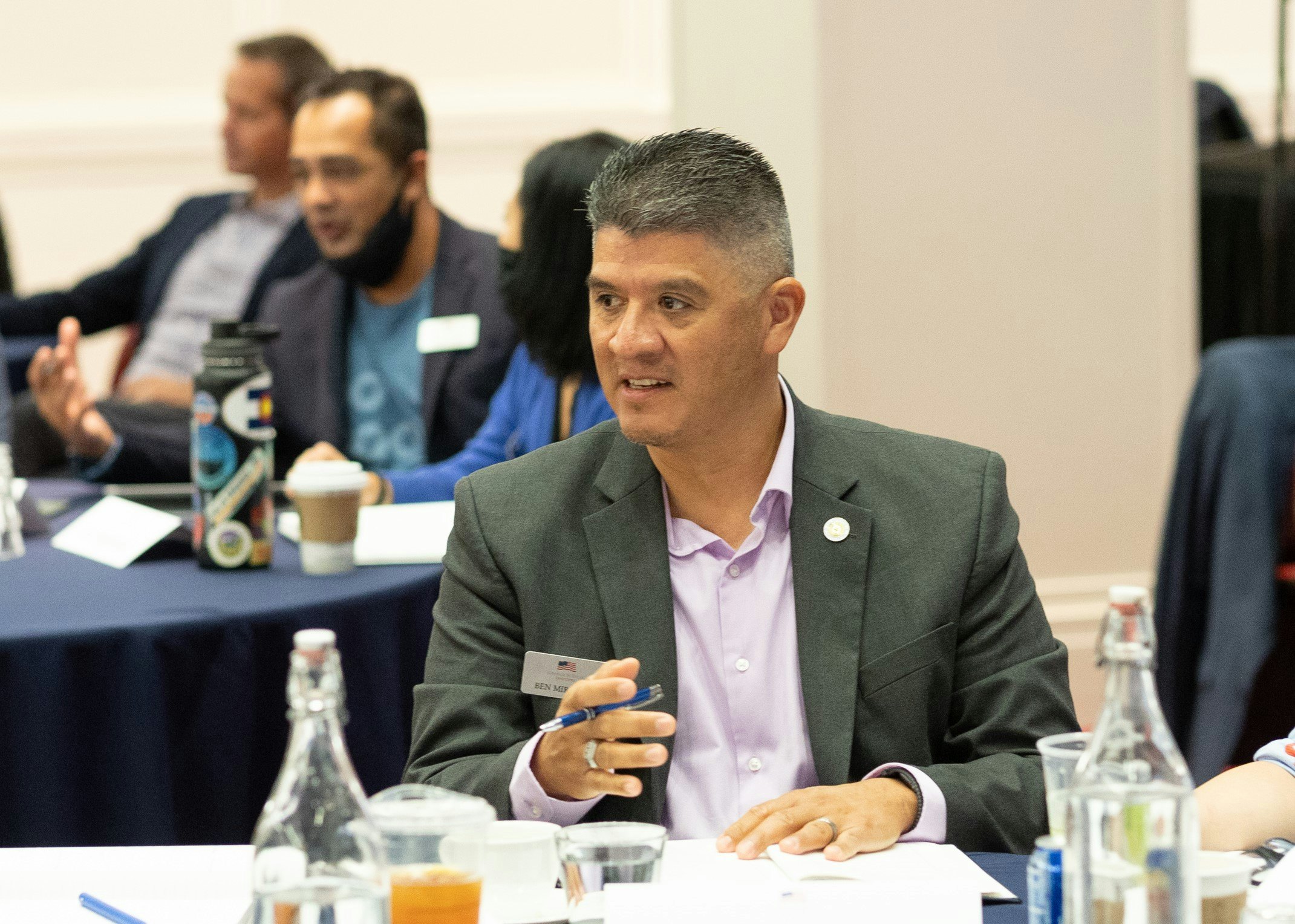Dwight Eisenhower didn’t create Veterans Day; but he did help re-create it. For years, the day had been dedicated to honoring the heroes of...
Dwight Eisenhower didn’t create Veterans Day; but he did help re-create it.
For years, the day had been dedicated to honoring the heroes of the “war to end all wars.” But the First World War did no such thing. Within a generation, an even worse conflict, World War II, consumed the world and cost America hundreds of thousands of lives.
And so Congress in 1954 decided to change “Armistice Day” to “Veterans Day” and to honor all who have served in all of America’s wars. As it happened, the president who signed the legislation was the commander who prevailed in the European Theater in World War II–Dwight Eisenhower.
“In order to insure proper and widespread observance of this anniversary,” the president wrote in his proclamation, “all veterans, all veterans’ organizations, and the entire citizenry will wish to join hands in the common purpose.”
Typically, Eisenhower provided a clear meaning for what he wanted Veterans Day to be about: a “common purpose.” This makes sense when the context of the 1950s is considered. Eisenhower served primarily as a Cold War president. Like the North Star in a dark sky, this helped guide the president’s every step. He wanted to create an America where schools were training a growing population so that the nation had the best educated workforce in the world; and so he supported funds for school construction. He feared that the Soviets would exploit America’s hypocrisy on racial discrimination for propaganda purposes around the world; and so he supported civil rights. And he took on his former comrades in arms in the military when they asked for bigger spending on traditional troops and weapons; and so he opposed their budget requests because he knew that in the nuclear age the days of great land battles between great armies had ended. To Eisenhower, the common goal of his administration was fighting the Cold War and the “common purpose” of Veterans Day was honoring those who had already done their part.
Behind these policies loomed Ike’s own memory of World War II and how much he personally owed to those who served. Years after leaving the White House, he visited the Normandy beaches with Walter Cronkite on the 20th anniversary of D-Day. Noticeably absent from his comments in the interview was any gloating over his meticulous planning and execution of the largest amphibious assault in the history of the world. Instead, Ike turned remarkably emotional and personal as he looked out on the graves at the American Cemetery at St. Laurent.
“On D-Day, my own son graduated from West Point,” he said, thinking back to that day 20 years before. “My own son has been very fortunate,” he added, “he has had a very full life.” Then, a man not known for emotional introspection, explicitly took the joy he felt in his son’s successful life and career and placed it next to the anguish he felt at the thousands of lives lost on D-Day.
“They were cut off in their prime,” he said mournfully, “they never knew the great experiences of going through life like my son.”
Indeed, John Eisenhower went onto become a Brigadier General, a U.S. Ambassador and a critically-acclaimed historian. A great life, for sure. But one made possible only because others gave up their lives.
Ike never forgot that. And he re-created Veterans Days so that no one else would forget it either
Kasey S. Pipes serves as the Norris Public Policy Fellow at the Eisenhower Institute of Gettysburg College. He previously wrote speeches for President George W. Bush and authored “Ike’s Final Battle: The Road to Little Rock and the Challenge of Equality.”






























